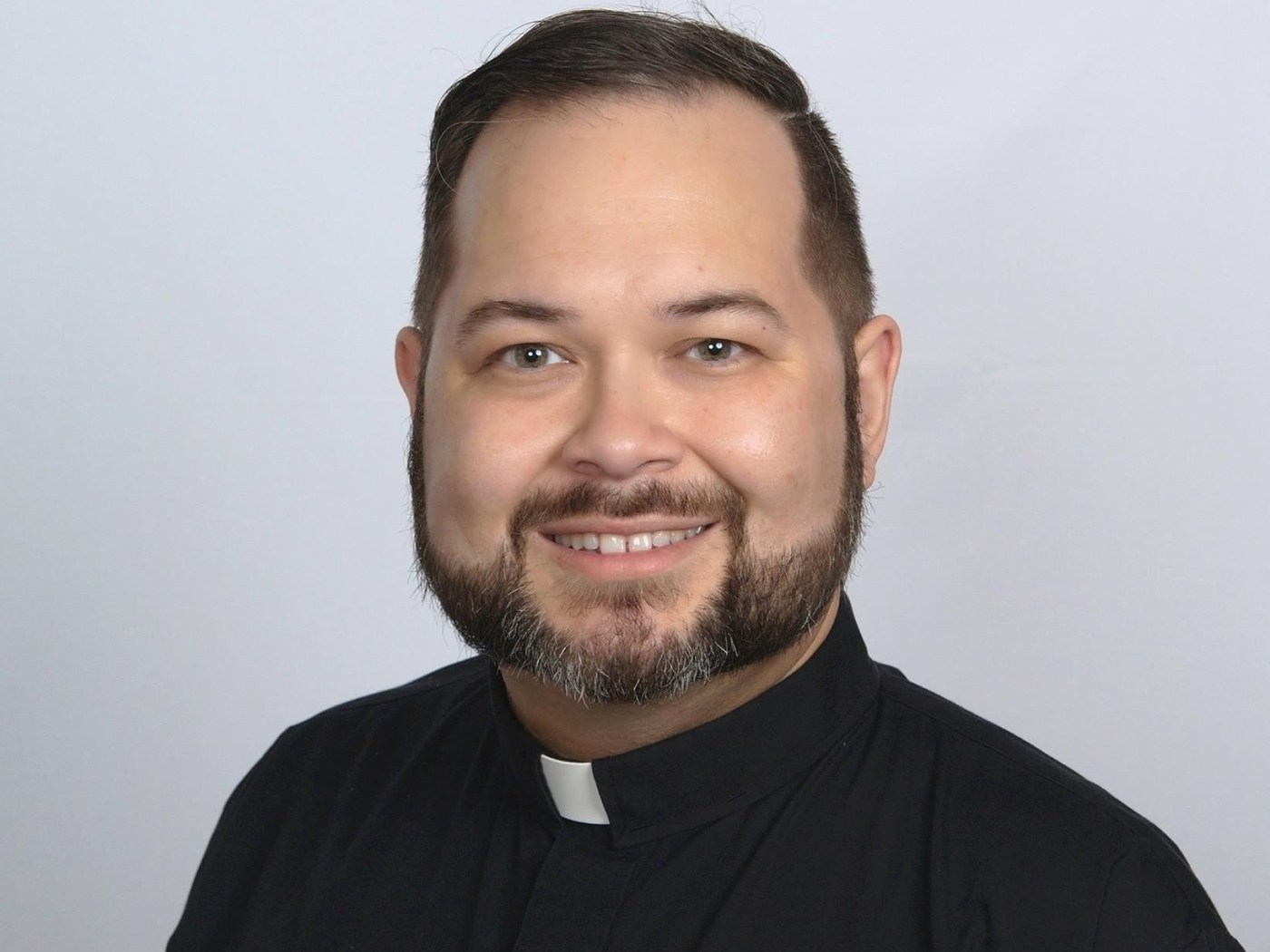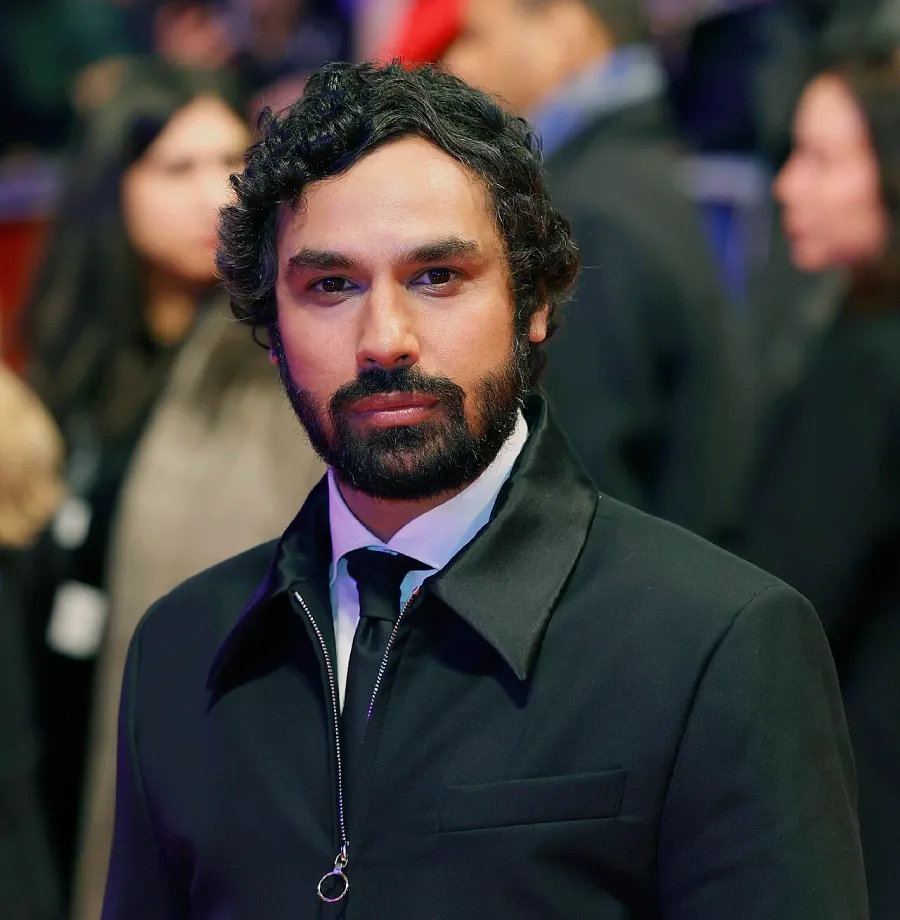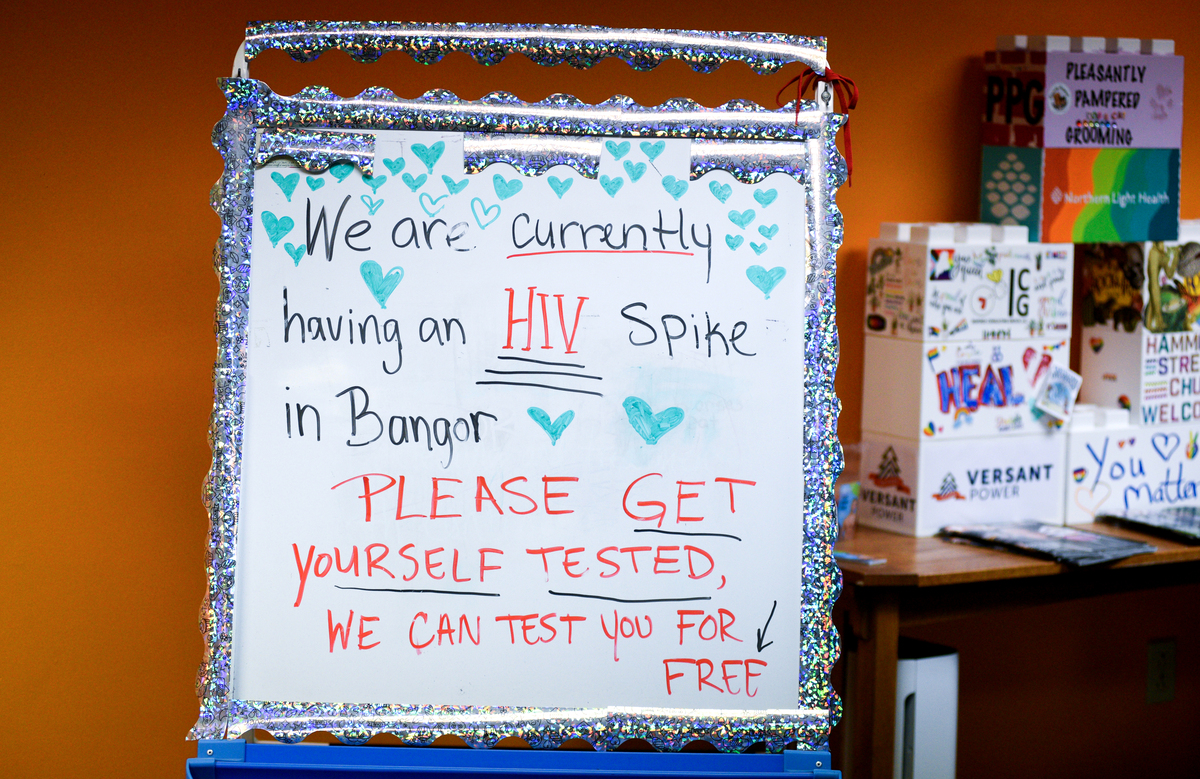A profound struggle is unfolding in America as families are increasingly forced to choose between essential health care and food security. This dilemma highlights a critical gap in the safety net that many citizens rely on, revealing the deep-seated issues that affect everyday life across the nation.
In a recent commentary, Rev. Dr. José Rodriguez, a priest from Azalea Park, expressed concern over the escalating conflict between two factions that love their country yet find themselves at an impasse. This struggle has manifested in a crisis where American families face not only the prospect of losing access to health care but also the painful realities of food insecurity. The impact is felt widely, with many communities grappling with the dual threats of hunger and ill health.
Rev. Rodriguez reflects on the nature of American democracy, suggesting that elected officials should be deeply connected to their constituents. He emphasized that those who hold office are mandated to represent the interests of their communities. They must engage with their neighbors, demonstrating genuine care for the challenges they face. “Every elected official, regardless of party, has a mandate to represent the communities that entrusted them with the responsibility to protect and prosper,” he stated.
The commentary draws parallels to a biblical story where love and conflict intersect. In this narrative, two women, both claiming to be the mother of a child, nearly see the infant destroyed through their feud. This allegory serves as a poignant reminder of the stakes involved in the current political landscape. Rev. Rodriguez argues that the ongoing struggle in Washington is similarly threatening to undermine the well-being of the nation, as families are left grappling with the harsh realities of choosing between food and medicine.
As the situation evolves, the recent end of a government shutdown has shed light on the urgent need for reform. Families are left uncertain about their health care costs, with many, including Rev. Rodriguez and his wife, anxiously awaiting their new Obamacare premium for 2026. This uncertainty is compounded by the challenges of managing household expenses, which can lead to difficult choices. “Already, this month’s premium had my wife and me counting every pizza and slice we offered at our daughter’s 10th birthday party,” he shared.
The priest’s personal experience underscores a broader trend affecting numerous families across the country. Many are struggling with unemployment, chronic illness, and limited incomes, which complicates their ability to access basic necessities. The reality is stark; two jobs may not even provide sufficient income to cover the cost of housing, let alone health care.
The implications of this struggle extend beyond individual families. Rev. Rodriguez emphasizes that the nation’s wealth is often directly linked to the health of its citizens. “Our nation’s wealth will ultimately come at the expense of our nation’s health,” he argues. With food and medicine competing for budgetary priority, communities are enduring a crisis that requires immediate attention from policymakers.
The Rev. Dr. José Rodriguez’s commitment to his community reflects a larger movement among citizens advocating for systemic changes. He highlights the importance of setting aside personal agendas in favor of collaborative solutions that can alleviate the burdens faced by American families. “Those in need of food assistance are most likely already receiving a health care subsidy and are in need not of a victory but for 50% plus one of those who attest to love us to set aside their point of view,” he noted.
As the dialogue continues, the need for compassionate leadership and authentic engagement remains paramount. The future of health care and food security in America depends on the willingness of elected officials to prioritize the well-being of their constituents. The struggle to balance these essential needs will define the nation’s trajectory in the coming years, making it imperative for all stakeholders to work together toward sustainable solutions.







